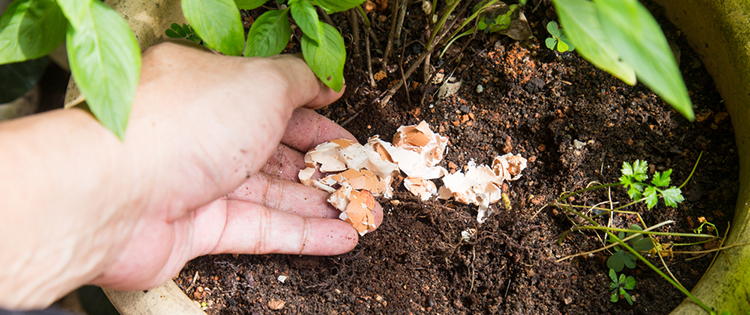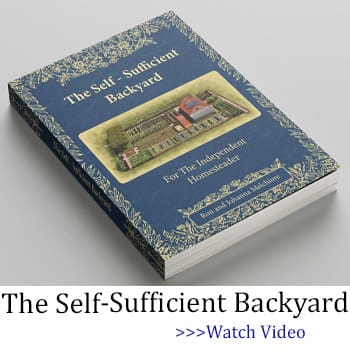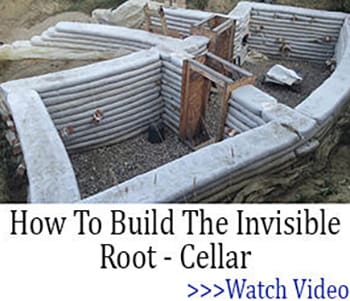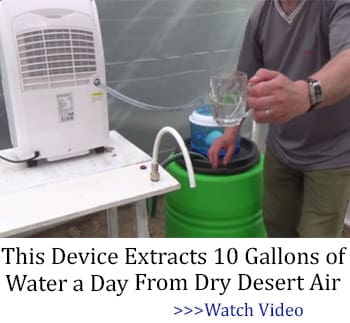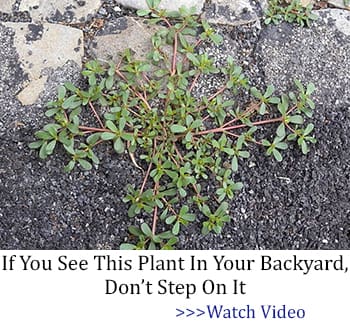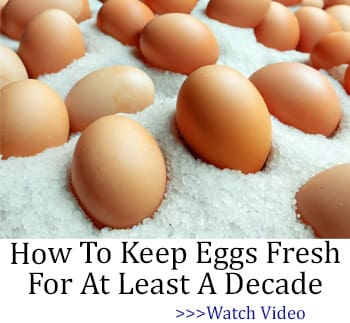Mature compost and bark chips are always going to be your best choice as a fertilizer, since these provide a broad range of nutrients as well as organic matter, making them more effective than any liquid fertilizer.
But there are some plants that are hungrier for specific nutrients and can deplete these from the soil
Some plants prefer acidic soil while others like it alkaline. The pH of the soil and the abundance of certain elements may make others unavailable to the plant. A smart gardener can encourage an “ideal” plant-specific environment with certain waste products from around the home and garden.
The following can all be thrown on your compost or you can be a bit more specific and throw them where they are really needed, all without spending a cent!
Weed Tea
This deals with those more persistent weeds, but it’s stinky! You can find the details and instructions here.
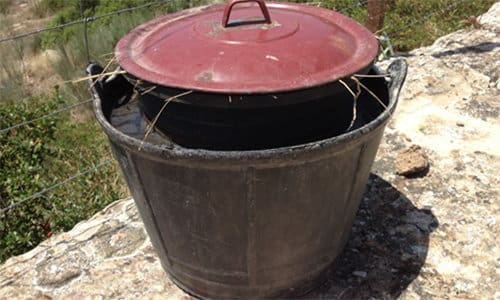
Wood Ash
Wood ash from your fireplace is great for alkaline-loving plants.
Related: What Happens If You Ash Your Garden
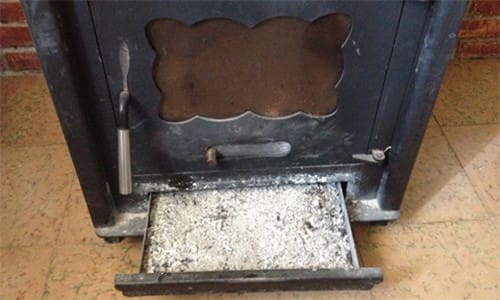
Banana Peels
These are a good source of potassium which is important for fruit and vegetable production. Bury them during planting time.
Cooking Water
Don’ tip your unsalted cooking water down the drain! The water you boil your veggies, pasta, or rice in is full of soluble nutrients that, once cooled and diluted with water 1:1, are suitable for many plants (as long as there is no added salt).
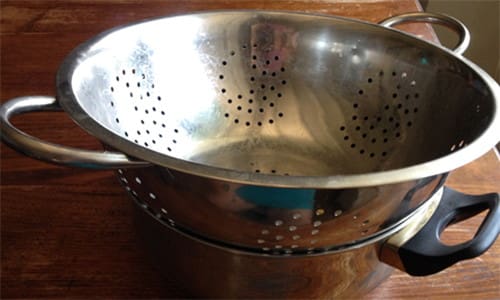
Seaweed
For those who live by the coast, seaweed can be a decent micronutrient fertilizer, containing boron, iodine, and magnesium. Be sure to harvest from clean water away from industrial areas. Wash in fresh water and either make it the same way as weed tea, or dry it and use it as mulch directly around your plants. It increases germination, disease resistance, and yield.
Coffee and Tea
Used coffee grounds and tea are acidic, so these are great scattered around acid lovers.
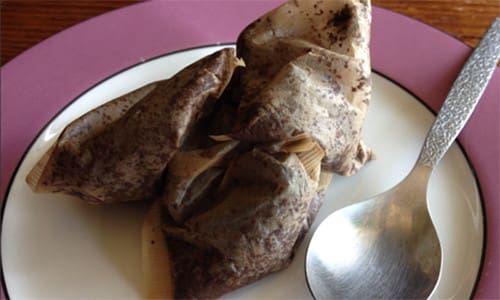
The Pull and Dump
Or named Cut and Drop, this method is simply a matter of pulling up a weed and dumping it straight on the ground again. In most cases, the weed breaks down under the sun and most of its nutrients will slowly return to the soil where you dumped it.
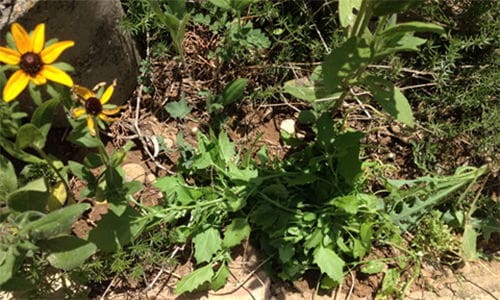
Urea
Need to pee? Go into the garden! Urine contains sodium, potassium, chloride, uric acid, and most importantly, urea. Urea is high in nitrogen. As long as you dilute it down with 1 part urine to 10 parts water, then it is safe to use on acid lovers.
Unwanted Fish Parts
For the fisher folk, you can use the unwanted fish parts to make your own fertilizer that’s high in nitrogen. Either bury it or use the same method as weed tea. Use it as a quick feed for your veggies and houseplants.
Related: What Happens When You Bury A Fish Head Under A Tomato Plant
Eggshells
Eggshells provide calcium but need to be dissolved in vinegar first to make calcium acetate, then dilute 1 teaspoon of calcium acetate per gallon of water. Calcium is difficult to move around in plants, but spraying the leaves and soil can improve calcium levels in the plant. Although, adding calcium is only necessary in areas with soft water or those using rainwater.
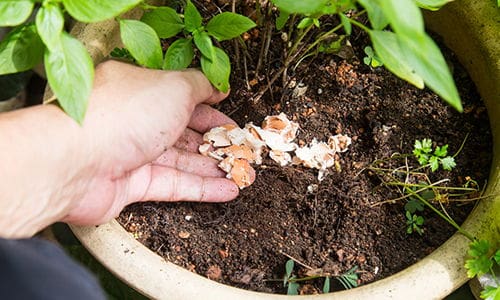
Dried Animal Manure
This has many benefits, just be sure that it’s only from herbivores. Collect the dry manure during the summer and scatter it around your garden beds, by spring, the manure has decomposed perfectly. Ideal for leafy greens. Immature manure is too high in nitrogen (14:1:1) and will burn plants. Do not use manure around nitrogen fixers.
Bokashi
Bokashi produces fermented juice made from kitchen scraps that doesn’t smell. Personally, I see the fermentation step a bit unnecessary since the end product tends to be very low in nitrogen, high in sodium, and potentially toxic levels for chloride!
This is usually a result of throwing processed or cooked foods in the bucket which have preservatives and added salt.’Although, it’s a great option for indoor/balcony gardeners who don’t have a large compost pile, but don’t want all their kitchen scraps going to landfill. The very low nitrogen may make it a suitable fertilizer for nitrogen-fixing plants.
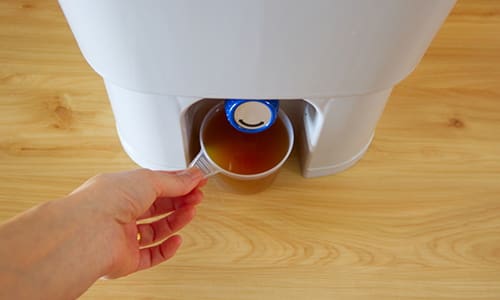
Nitrogen Fixers and Acid VS. Alkaline Lovers
- Nitrogen-fixing plants: Legumes such as alfalfa, beans, clover, peas, lupins, peanuts, vetch (Vicia spp.), licorice, sea buckthorn (Hippophae spp.), deer bush (Ceanothus spp.), silverberry (Elaeagnus spp.), buffaloberry (Shepherdia spp.), avens (Dryas spp.), Mountain mahogany (Cercocarpus spp.), bitterbrush (Purshia spp.), wax myrtle (Myrica spp.), acacia trees, alder trees, Robinia trees, laburnum trees, mimosa trees, mesquite trees, redbud/Judas trees.
- Acid-loving plants: citrus trees, tomatoes, potatoes, azaleas, rhododendrons, hydrangeas (for blue flowers), roses, camelias, viburnum, heaths (Erica spp.), holly (Ilex spp.), blueberries, oaks, magnolias, conifers, cypress and pine trees.
- Alkaline-loving plants: lilacs, hawthorns, buckthorns, strawberry trees, pomegranates, olives, passion fruit, buddleias, clovers, poppies, the cabbage family, borage, lavender, fennel, thyme, oregano, and rosemary.
Application
The requirements of nitrogen, phosphorus, and potassium changes as the plant grows, and their depletion from the soil will vary depending on a number of factors; including soil type, season, soil pH, amount of water, leaching, amount of ground cover and what other plants are in the vicinity, such as nitrogen-fixing legumes.
Look for signs of browning or yellowing leaves, burnt leaf tips, blossom end rot, and other discolorations as a sign of when, or when NOT to apply any fertilizer.
The point of this article is to highlight how to recycle everyday waste in ways that are more plant-specific; hopefully resulting in smarter fertilizing.
Trying to match the plant to fertilizer is a bit of a balancing act, but it’s important to get it right (and NOT overdo it) so that you only add specific nutrients when and where necessary.
This article first appeared on The Lost Herbs.
You may also like:
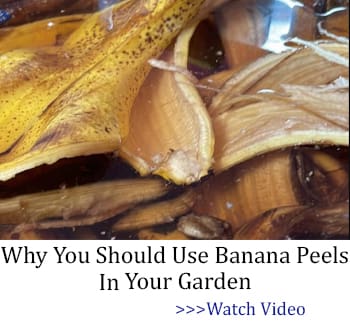 A Medicinal Garden Kit For Starting A Small Backyard Pharmacy
A Medicinal Garden Kit For Starting A Small Backyard Pharmacy
If You See This Plant in Your Backyard, Burn It Immediately! (Video)
Boost Your Soil Quality With This Compost
How to Adjust the pH in Soil and Water for Abundant Harvests
